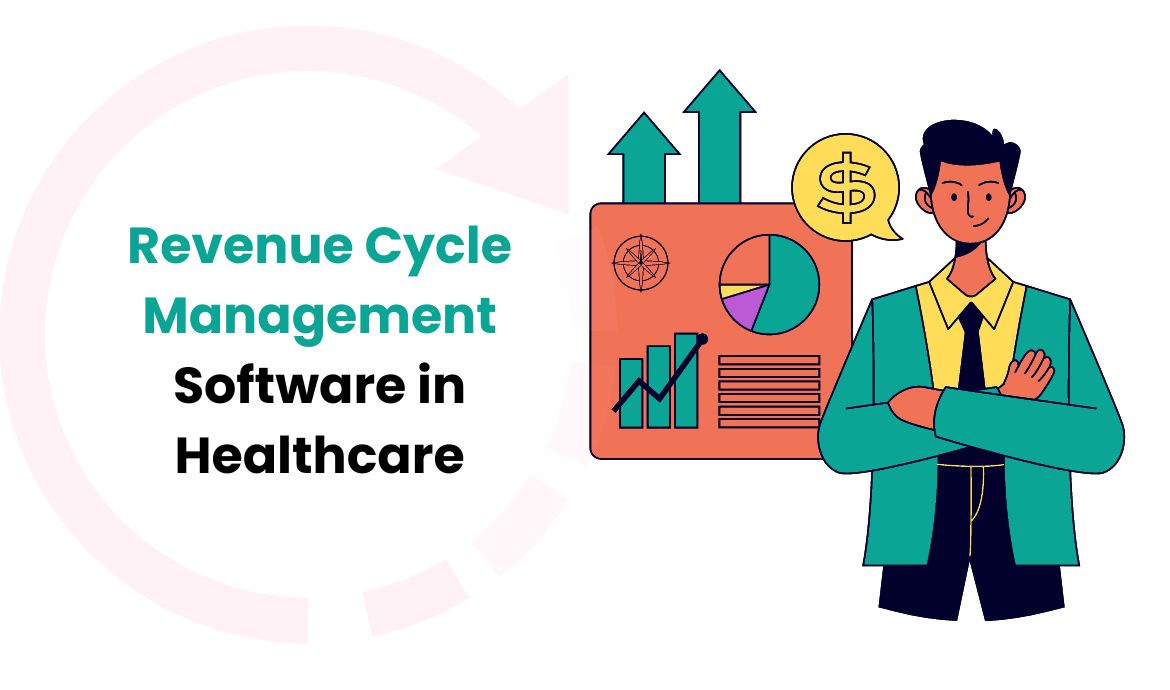In the ever-evolving landscape of healthcare, the efficient management of financial processes is crucial for the sustainability and success of healthcare organizations. One key element in this financial puzzle is Revenue Cycle Management (RCM) software. This technology has emerged as a game-changer, streamlining financial workflows and optimizing revenue generation for healthcare providers. In this article, we will delve into the significance, functionalities, and benefits of Revenue Cycle Management software in the healthcare industry.
Understanding Revenue Cycle Management:
Revenue Cycle Management refers to the end-to-end process of managing a patient's account, from the initial appointment to the final payment. In healthcare, this complex cycle involves multiple stages, including patient registration, insurance verification, charge capture, claims processing, payment posting, and denial management. Each of these stages plays a pivotal role in the financial health of a healthcare organization.
The Role of RCM Software:
Traditionally, healthcare providers relied on manual and paper-based systems to manage their revenue cycle, leading to inefficiencies, errors, and delays. Revenue Cycle Management software automates and integrates these processes, providing a comprehensive solution to enhance the overall financial performance of healthcare organizations.
Key Functionalities of RCM Software:
-
Patient Registration and Eligibility Verification: RCM software ensures accurate patient registration and automates the verification of insurance eligibility. This reduces errors and helps providers determine a patient's coverage and financial responsibility upfront.
-
Charge Capture: Automated charge capture mechanisms help healthcare providers accurately record and submit charges for services rendered. This minimizes the risk of underbilling and ensures that all billable services are accounted for.
-
Claims Processing: RCM software streamlines the claims submission process, reducing the chances of errors that can lead to claim denials. It also facilitates electronic claims submission, accelerating the reimbursement process.
-
Payment Posting: Automation in payment posting ensures that payments from patients and insurance providers are accurately recorded and matched to the corresponding claims. This enhances transparency and accountability in financial transactions.
-
Denial Management: RCM software includes tools to analyze and address claim denials efficiently. By identifying patterns and addressing root causes, healthcare organizations can reduce denials and optimize revenue recovery.
Benefits of RCM Software in Healthcare:
-
Improved Cash Flow: The streamlined processes and quicker reimbursement facilitated by RCM software contribute to improved cash flow for healthcare organizations.
-
Reduced Billing Errors: Automation minimizes the risk of billing errors, ensuring that claims are accurate and compliant with insurance requirements. This, in turn, reduces the likelihood of claim denials.
-
Enhanced Efficiency: RCM software eliminates manual and time-consuming tasks, allowing healthcare staff to focus on patient care rather than administrative processes. This efficiency leads to a more productive and cost-effective operation.
-
Increased Revenue: By optimizing the revenue cycle, healthcare providers can capture all billable services, reduce claim denials, and accelerate reimbursement, ultimately leading to increased revenue.
-
Compliance and Reporting: RCM software often includes features that help healthcare organizations stay compliant with regulatory requirements. It also provides robust reporting capabilities, allowing for data-driven decision-making and strategic planning.
Conclusion:
Revenue Cycle Management software has become an indispensable tool in the healthcare industry, transforming the way financial processes are managed. As the healthcare landscape continues to evolve, providers embracing RCM technology are better positioned to navigate the complexities of revenue management, ultimately leading to improved financial health and enhanced patient care. The adoption of RCM software represents a crucial step toward a more efficient, transparent, and sustainable future for healthcare finance.


No comments yet